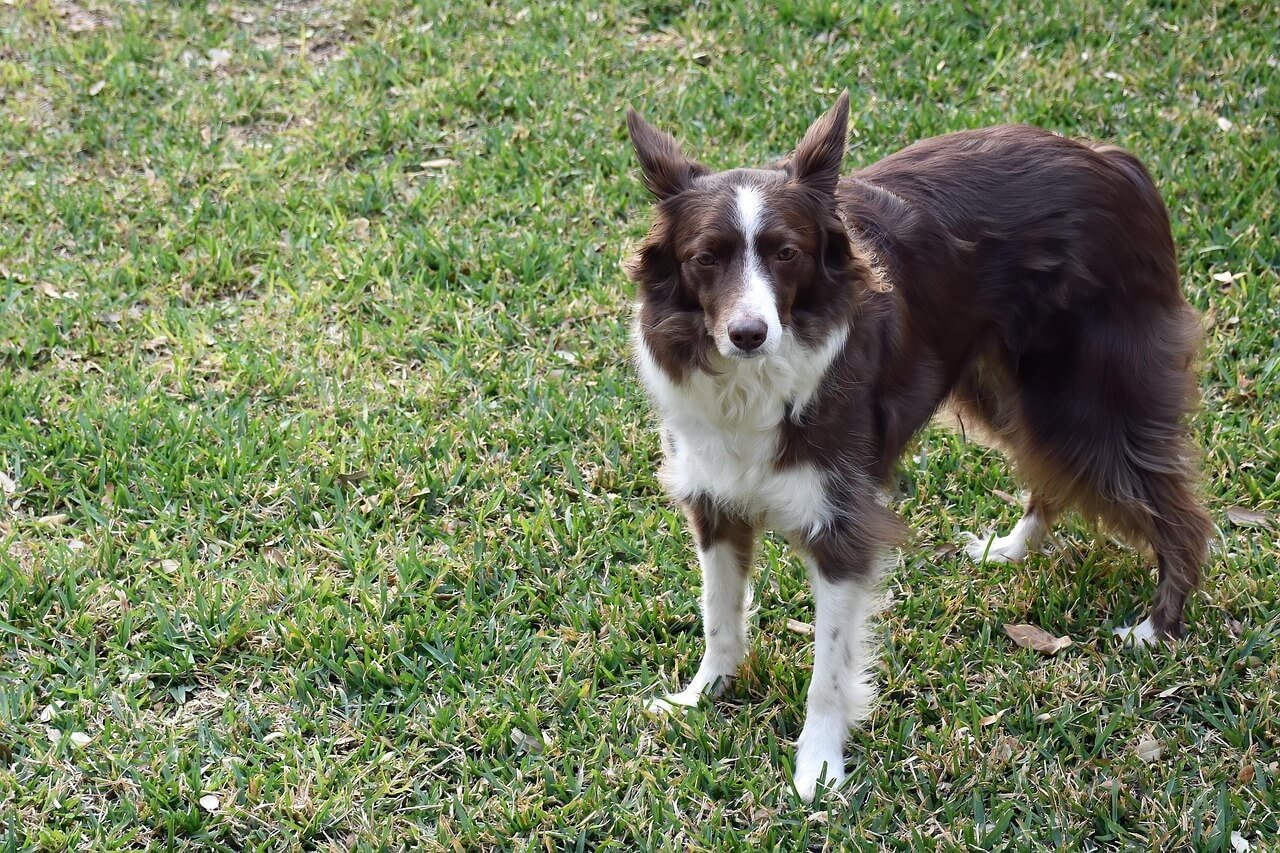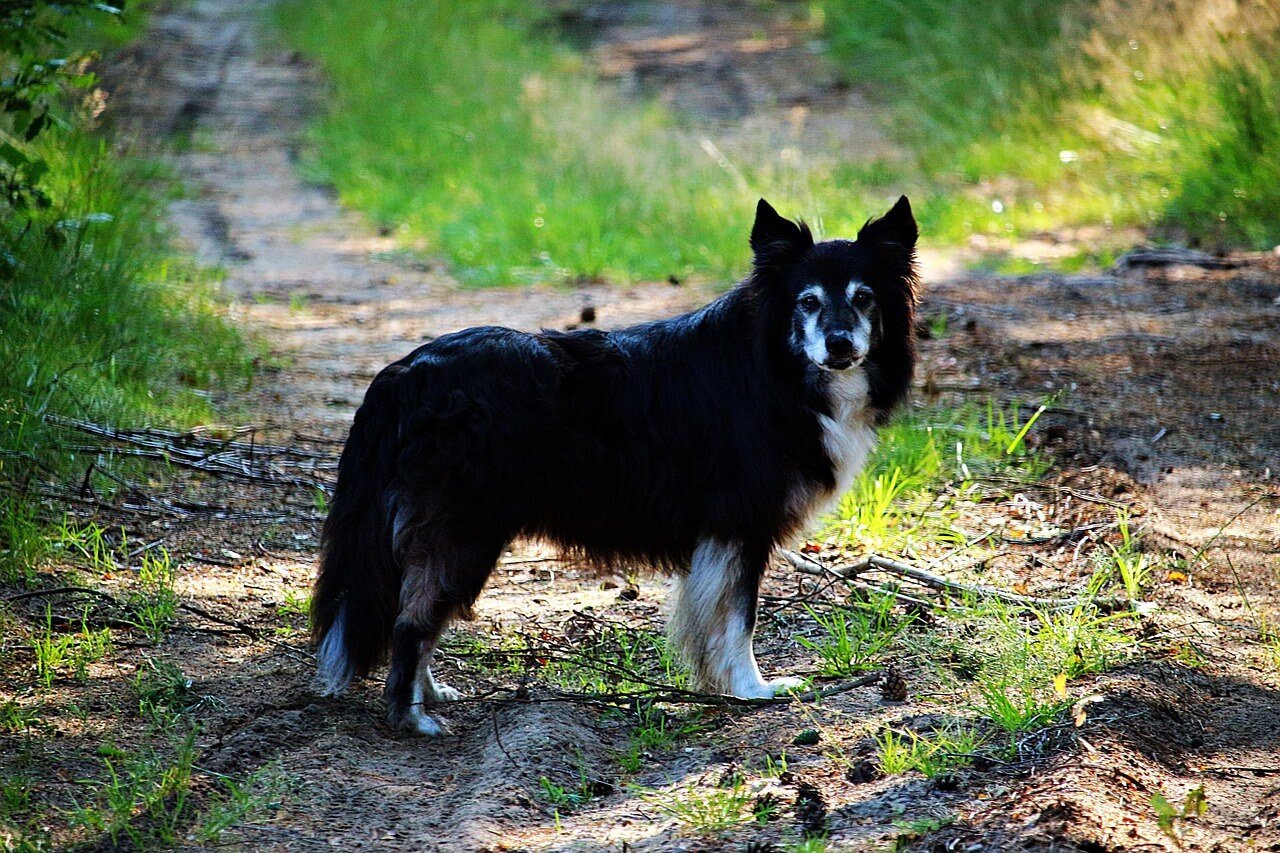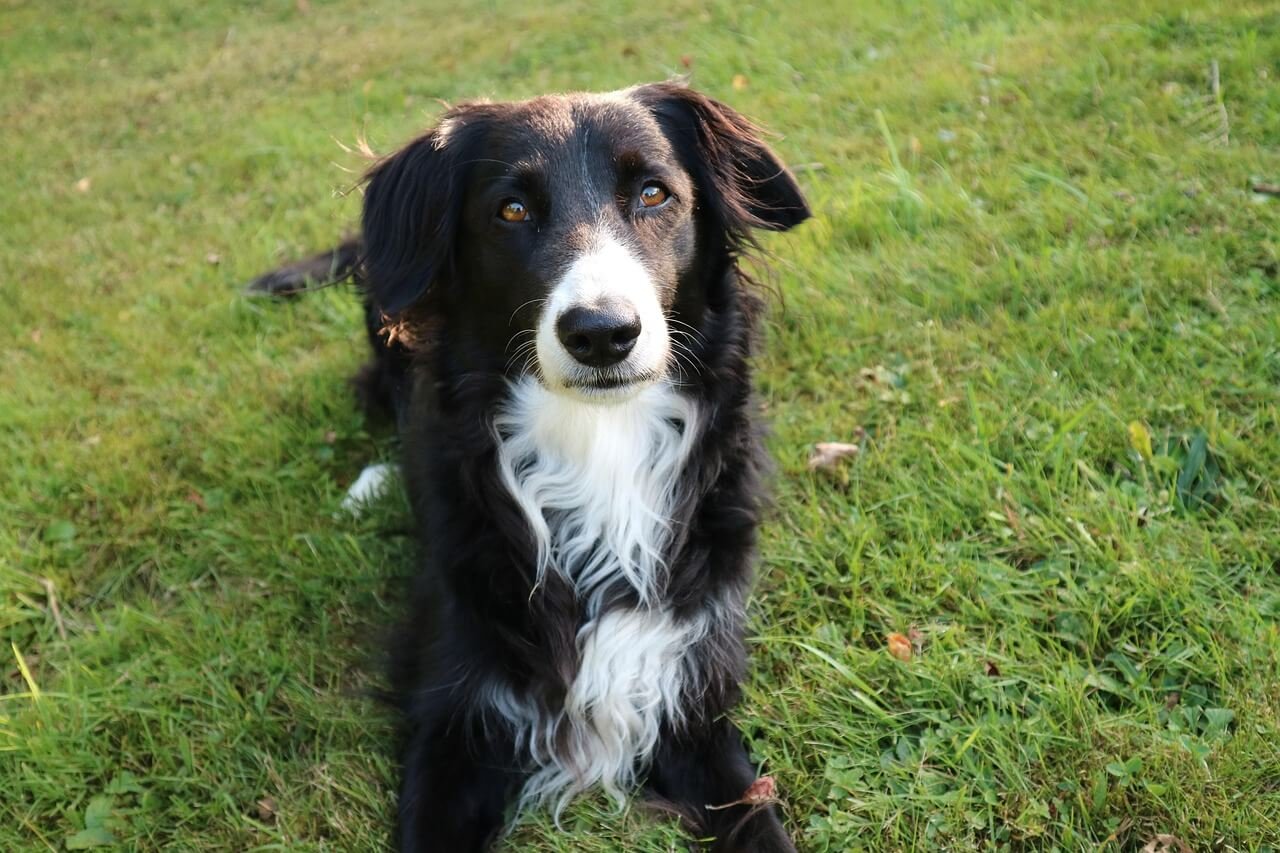Do Dogs Eat Less as They Age? Understanding Your Senior Dog’s Appetite
As our furry companions grow older, their needs and behaviors naturally change. One common concern pet owners notice is a shift in their dog’s eating habits. Many wonder, “Do dogs eat less as they age?” While it’s not uncommon for senior dogs to show a reduced appetite, the reasons behind this can vary widely. Understanding these changes is key to ensuring your aging dog remains healthy and happy. In this blog post, we’ll explore why dogs might eat less as they grow older, how to recognize when it’s normal versus concerning, and what you can do to support their nutritional needs during this stage of life.
Why Do Dogs Eat Less as They Age? Key Factors to Consider
Aging can bring about a variety of physical and behavioral changes that may lead to decreased appetite in dogs. Here are some of the most common reasons why your senior dog might eat less:
Slower Metabolism: As dogs age, their metabolism naturally slows down, meaning they require fewer calories to maintain their energy levels.
Dental Issues: Older dogs are more prone to dental problems like gum disease or tooth decay, which can make chewing painful and reduce their desire to eat.
Decreased Sense of Smell: A declining sense of smell can make food less appealing, leading to a lack of interest in meals.
Health Conditions: Chronic illnesses such as kidney disease, diabetes, or arthritis can impact appetite and digestion.
Reduced Activity Levels: Senior dogs tend to be less active, which can lower their caloric needs and lead to a smaller appetite.
Understanding these factors can help you determine whether your dog’s reduced appetite is a natural part of aging or a sign of an underlying issue. Always consult your veterinarian if you’re unsure.
Signs That Your Dog’s Reduced Appetite Is Normal vs. Concerning
Not all cases of decreased appetite in senior dogs are cause for alarm. However, it’s important to differentiate between normal aging changes and potential health concerns. Here are some signs to watch for:
Normal Aging: Occasional disinterest in food but still eating regular meals overall.
Concerning Signs: Refusing food for more than 24–48 hours or showing signs of discomfort while eating.
Normal Aging: Eating smaller portions due to reduced activity levels.
Concerning Signs: Sudden and dramatic weight loss despite consistent eating habits.
Normal Aging: Preferring softer foods over dry kibble due to dental sensitivity.
If your dog exhibits any concerning signs, it’s essential to seek veterinary advice promptly. Early intervention can prevent complications and ensure your dog stays healthy.
Check this guide 👉Why Is My Dog Not Eating Food But Will Eat Treats? Best 7 Tips
Check this guide 👉Why Does My Dog Cough After Drinking Water? Best 7 Tips!

Signs of Normal Aging Appetite Changes | Signs of Potential Health Concerns |
|---|---|
Occasional disinterest in food | Refusal to eat for over 24–48 hours |
Preference for softer foods | Dramatic weight loss |
Eating smaller portions | Vomiting or diarrhea after meals |
Slower eating pace | Visible pain while chewing or swallowing |
Reduced interest in treats | Lethargy or lack of energy |
How to Encourage Your Senior Dog to Eat More
If your senior dog is eating less, there are several strategies you can try to encourage them to eat. These tips focus on making mealtime more appealing and comfortable for your aging companion:
Warm Their Food: Heating wet food slightly can enhance its aroma and make it more enticing for dogs with a diminished sense of smell.
Switch to Softer Foods: If dental issues are a concern, consider switching to softer kibble or wet food to make chewing easier.
Offer Small, Frequent Meals: Instead of one or two large meals, provide smaller portions throughout the day to match their reduced appetite.
Add Tasty Toppers: Mix in low-sodium broth, plain yogurt, or a small amount of canned pumpkin to boost flavor without adding unhealthy ingredients.
Create a Stress-Free Environment: Ensure your dog eats in a quiet, calm space free from distractions or competition from other pets.
By making these adjustments, you can help your senior dog enjoy mealtime again while meeting their nutritional needs.
Nutritional Needs of Aging Dogs: What to Feed Your Senior
As dogs age, their nutritional requirements change, and feeding them appropriately is crucial for maintaining their health. Here are some dietary considerations for senior dogs:
Lower Calorie Content: Senior dogs often need fewer calories due to reduced activity levels, so choose foods formulated for older dogs.
Higher Fiber Content: Fiber supports digestive health, which can become slower or less efficient in aging dogs.
Joint-Supporting Ingredients: Look for foods containing glucosamine and chondroitin to promote joint health and mobility.
Easily Digestible Proteins: High-quality, lean proteins are easier on the digestive system and help maintain muscle mass.
Hydration-Friendly Options: Wet food or adding water to dry kibble can help keep senior dogs hydrated, as they may drink less water naturally.
Providing a balanced diet tailored to your senior dog’s needs ensures they stay healthy and energized, even as their appetite decreases.
How Health Conditions Can Impact Your Dog’s Eating Habits
Many senior dogs experience health issues that directly affect their appetite. Recognizing these conditions can help you address the root cause of their reduced eating and ensure they receive proper care. Here are some common health problems to be aware of:
Kidney Disease: This condition can cause nausea and a loss of appetite due to toxin buildup in the body.
Arthritis or Joint Pain: Chronic pain can make it uncomfortable for dogs to lean down to eat, reducing their interest in food.
Diabetes: Fluctuations in blood sugar levels may lead to inconsistent hunger and eating patterns.
Cognitive Dysfunction Syndrome (CDS): Similar to dementia in humans, CDS can cause confusion and forgetfulness about meal times.
Gastrointestinal Disorders: Issues like pancreatitis or inflammatory bowel disease can make eating painful or unappealing.
Understanding these health concerns allows you to work with your veterinarian to manage symptoms and improve your dog’s quality of life. Addressing underlying conditions often helps restore their appetite.
How Your Dog’s Surroundings Affect Their Appetite
A dog’s environment plays a significant role in their willingness to eat. Changes in routine, stress, or even the physical setup of their feeding area can impact their appetite. Here are some environmental factors to consider:
Noise and Distractions: Loud sounds or chaotic environments during mealtime can discourage your dog from eating.
Competition from Other Pets: If other animals are present, your dog may feel intimidated or rushed while eating.
Changes in Routine: Moving homes, switching schedules, or introducing new family members can disrupt their eating habits.
Inconsistent Feeding Times: Irregular meal schedules can confuse your dog and reduce their anticipation of food.
Uncomfortable Feeding Setup: Elevated bowls or poorly placed feeding areas may make it difficult for senior dogs to access their food comfortably.
By creating a calm, consistent, and accessible feeding environment, you can encourage your dog to eat more regularly and enjoy their meals. Small adjustments can make a big difference in their overall well-being.
Why Emotional Connection Matters During Mealtime
Senior dogs often benefit from emotional support during mealtime, especially if their reduced appetite is linked to stress, anxiety, or loneliness. Strengthening your bond and providing reassurance can make a significant difference. Here are ways to offer emotional support:
Stay Present During Meals: Sit near your dog while they eat to provide comfort and encouragement.
Use Positive Reinforcement: Praise them when they take a bite to create a positive association with eating.
Stick to Familiar Foods: Avoid sudden changes in diet, as this can cause stress and further reduce their appetite.
Engage in Gentle Play Before Meals: Light activity can stimulate hunger without overwhelming them physically.
Offer Comfort Items: Place their favorite blanket or toy nearby to create a sense of security during mealtime.
Emotional support not only strengthens your bond but also helps your senior dog feel safe and loved, which can naturally improve their interest in food. Patience and affection go a long way in nurturing their appetite and overall happiness.
Frequently Asked Questions About Senior Dogs and Appetite
Is it normal for dogs to eat less as they age?
Yes, many senior dogs naturally eat less due to slower metabolisms and reduced activity levels, but significant changes should be evaluated by a vet.
What can I do if my senior dog stops eating?
Try warming their food, offering softer options, or consulting your vet to rule out underlying health issues.
How much should a senior dog eat daily?
The amount depends on their size, breed, and activity level, but smaller, frequent meals are often better for older dogs.
Can dental problems cause a dog to eat less?
Yes, dental issues like gum disease or tooth decay can make chewing painful, leading to a reduced appetite.
Are there supplements to boost my senior dog’s appetite?
Probiotics, omega-3 fatty acids, and joint-supporting supplements can improve overall health and indirectly encourage eating.
Final Thoughts: Supporting Your Senior Dog’s Appetite
As dogs age, their appetites may naturally decrease, but staying attentive to their eating habits is vital for their well-being. By understanding the reasons behind their reduced appetite and taking proactive steps to address it, you can ensure your senior dog continues to thrive. Whether it’s adjusting their diet, creating a stress-free mealtime environment, or seeking veterinary advice, your care and attention make all the difference. Remember, every small effort you make contributes to your dog’s comfort and happiness during their golden years. Cherish this time together and celebrate the joy they bring to your life every day.
Understanding Scabs in Dogs Ears: Best 7 Tips! Learn how to identify, treat, and prevent scabs in your dog’s ears for optimal ear health.
Is Cinnamon Bad for Dogs? Best 7 Health Tips! Discover safe ways to use cinnamon, risks to avoid, and expert advice to keep your dog healthy.
Can Dogs Get Pneumonia from Humans? Best 7 Tips! Learn how to protect your dog, understand transmission risks, and ensure their respiratory health.
Can Dog Urine Make You Sick? Best 7 Health Tips! Learn how to stay safe, prevent illness, and handle exposure to dog urine effectively.





